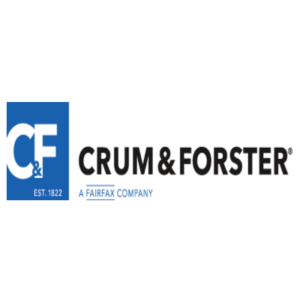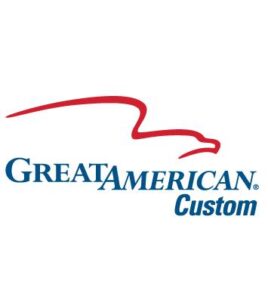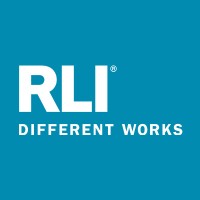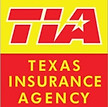General Liability Insurance
General Liability Insurance

General Liability Quote
Protect Your Business with Affordable General Liability Insurance in Texas
One of the most crucial protections for business owners is general liability insurance in Texas, also known as commercial general liability (CGL) insurance. Because it protects your business against lawsuits and financial crises.
At TIA-Texas Insurance Agency, we help businesses secure general liability insurance policies in Texas that are practical, compliant, and affordable, so you can focus on running your business with confidence.
What Does General Liability Insurance in Texas Cover?
Coverage for Bodily Injury and Property Damage
General liability insurance protects your business if a third party is injured or their property is damaged due to your operations. For example, if a customer slips and falls at your location or you accidentally damage a client’s property while working on-site, your policy can help cover medical expenses, repairs, and legal costs.
Coverage for Personal and Advertising Injury
This coverage helps protect your business from claims involving defamation, slander, libel, copyright infringement, or misleading advertising. It’s especially important for businesses that advertise online or provide professional services.
Legal Defense Costs
Even if a claim against your business is unfounded, legal defence can be expensive. General liability insurance in Texas usually covers lawyer fees, court costs, settlements, and judgments for covered claims.
Products and Completed Operations Coverage
If your business makes, installs, or sells products, this coverage protects you from claims caused by injuries or property damage linked to those products or finished work. This is especially important for contractors and service-based businesses.
Medical Payments Coverage
Medical payments coverage helps pay for minor injuries to third parties, regardless of fault. This can help resolve small claims quickly and avoid costly lawsuits.
General Liability Coverage for Contractors in Texas
Contractors face higher risks because of job-site accidents, property damage, and client demands. General liability insurance for contractors in Texas is often needed to win jobs, get permits, or provide proof of insurance (COIs).
Additional Insureds
Many landlords, vendors, and clients ask to be listed as additional insureds. According to your work, you can add them as General liability policies in taxes, as they allow it.
Coverage Limits and Deductibles
Most Texas businesses choose limits like $1 million per incident and $2 million total, but coverage can be adjusted based on your industry, risk level, and contract needs.
Industry-Specific Liability Needs
Some businesses need extra coverage, such as professional liability (E&O) insurance, depending on the services they offer.
Texas Regulations and Compliance
General liability insurance is not required by law for every business in Texas, but it is often required by landlords, clients, lenders, and contracts. Working with a Texas insurance agency ensures your policy meets local and industry expectations.
Why Choose the Best General Liability Insurance in Texas?
Choosing the best general liability insurance in Texas isn’t just about price; it’s about proper protection. Our licensed advisors compare multiple carriers to help you find affordable general liability insurance in Texas without sacrificing coverage.
- Customized policies for your business type
- Competitive rates from trusted carriers
- Fast certificates of insurance
- Local Texas expertise
- Ongoing support as your business grows
General Liability Quote
Get a Free General Liability Insurance Quote in Texas
Protect your business from costly claims and unexpected risks. Our team makes it easy to compare options and secure the right general liability insurance in Texas, often with same-day coverage available.
Request your free, no-obligation quote today.

Companies We Work With






















Frequently Asked Questions
General liability insurance in Texas protects businesses from third-party claims involving bodily injury, property damage, and personal or advertising injury.
Yes. General liability coverage for contractors in Texas is commonly required by clients, general contractors, and permitting authorities.
Costs vary based on business type, size, location, and risk exposure. Many small businesses can find affordable general liability insurance in Texas starting at a few hundred dollars per year.
It’s not legally required for every business, but it is often required by landlords, contracts, and clients to operate or secure work.
Work with a licensed Texas general liability insurance agency that compares multiple carriers and customize coverage to your specific risks.
